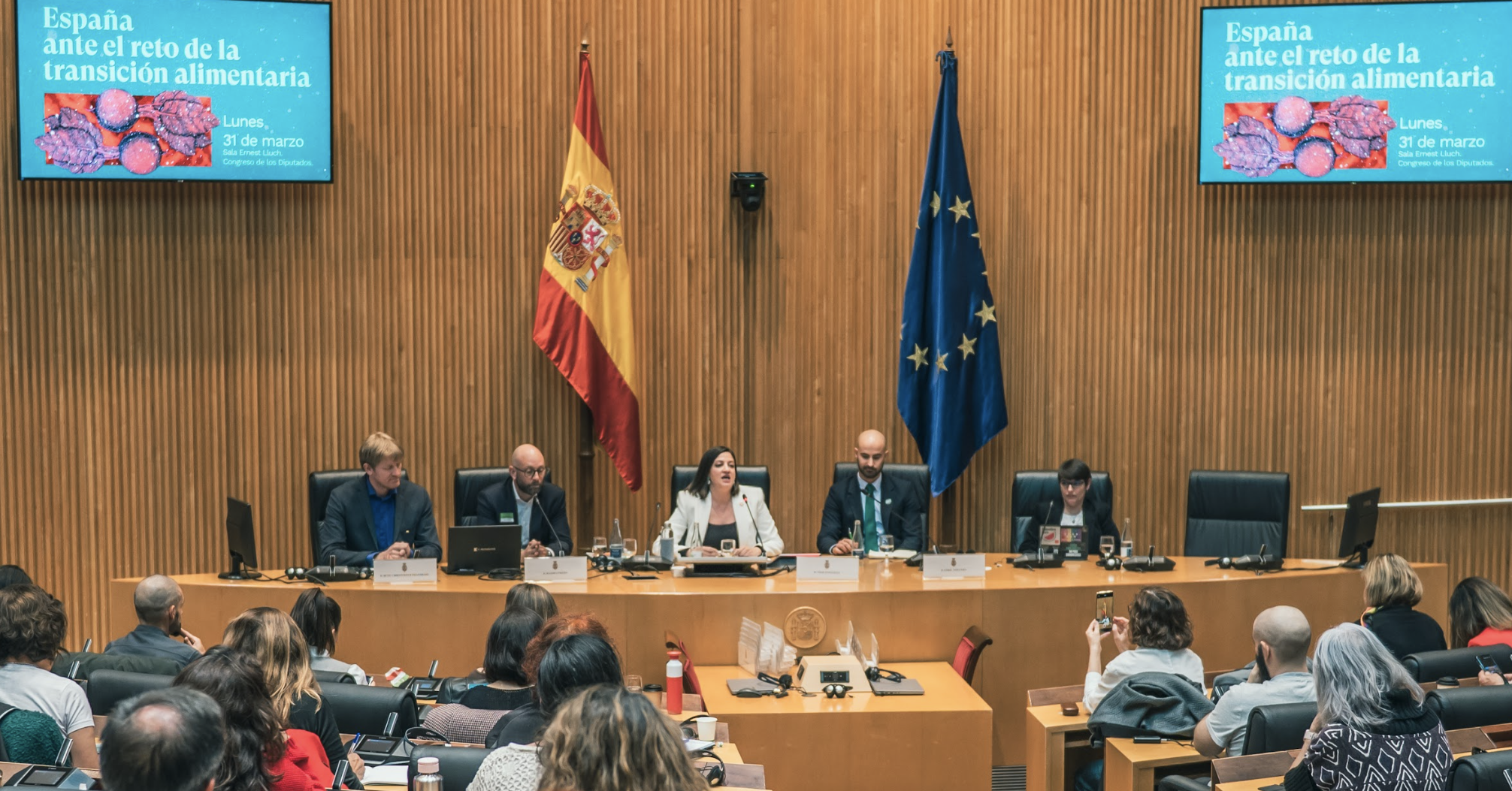At Greener by Default, you will be working towards the ambitious goal of completely transforming institutional foodservice - and the food system as a whole - by making plant-based food the default.
We recognize that the fate of humans, animals, and ecosystems are bound together, and strive to create a food system that will allow all life on earth to flourish. In order to achieve our vision, we develop strategies rooted in science, sustainability, and inclusivity to empower institutions to serve plant-forward food.
Position Objective:
Corporations are one of the most promising avenues for plant-based defaults, with the potential to impact millions of meals, thereby transforming employee health, institutional procurement and societal norms. As the Corporate Engagement Manager, you will support Greener by Default’s corporate program by working directly with the Corporate Engagement Director, corporate and foodservice clients, helping cultivate new inroads for expanding the Corporate Engagement Program in a variety of sectors. We will be hiring for up-to two Corporate Engagement Manager positions.
Primary Responsibilities and Duties:
- Build contacts: Represent the organization at networking events and conferences to expand our presence and build relationships.
- Develop and maintain relationships with corporations: Build a network of clients, actively establish and maintain positive ongoing relationships with non-events focused institutional partners.
- Oversee programmatic implementation: Build on the organizational strategic plan and existing operations for the corporate program, helping ensure annual objectives and key results are achieved.
- Support pilot projects: Work with the Corporate Engagement Director to ensure successful implementation of plant-based default pilots from start to finish, including obtaining stakeholder buy-in, supporting the culinary team, gathering and analyzing data, publicizing the findings, and securing permanent implementation.
- Create and deliver content for corporate clients: Adapt and develop materials per operational outlines to support corporate programs.
- Help the program grow: Utilize insights from your experience to continuously strengthen and grow our corporate program.
Individual Attributes Required
- Intellectual integrity: Provide information rooted in science, adapt messaging and tactics based on the latest behavioral research.
- Ambition: Boldly drive change within institutional foodservice norms, be persistent when pursuing clients and outgoing when meeting new contacts.
- Open communication: Continuously seek out new information and dialogue, cultivate trust with staff through honest conversations and feedback.
- Foster inclusion: Meet people where they are, strive to understand and acknowledge the different cultural contexts within which you’re working, hold space for divergent perspectives.
- Growth mindset: See challenges and mistakes as opportunities to adapt and improve. Continuously strive to hone your expertise and refine your skills in order to best serve the organization’s and client’s goals.
Position Requirements:
- At least one year of project management experience
- Strong people and networking skills
- Strong verbal and written communication skills
- Commitment to the organization's mission, vision, and strategic plan
- Self-motivated, able to work independently and take initiative
- Ability to work collaboratively with a team
- Has a healthy relationship with feedback and communication
- Strong organizational skills and attention to detail
- Passionate about plant-based foods
- Engaging presenter and workshop facilitator
We prefer candidates who have the following experience:
- Prior foodservice experience
- Strong connections and contacts in a specific corporate sector or in sustainability
- Experience working with CRMs or sales data management
We strongly encourage people of every color, orientation, age, gender, origin, and ability to apply. Because we value a diverse workplace, we prioritize an inclusive climate during the application process and after you join the team. We encourage candidates with most of the above qualifications to apply; we do not expect all candidates to fit this job description 100%.
Reports to:
Stefanie Lynch, Corporate Engagement Director
Compensation:
This is a salaried employee position paying $67,000-73,000 per year, depending on experience and credentials.
Benefits
- Health, Dental & Vision Plan
- 401k plan, with a dollar for dollar employer match up to 3%
- $150 cell phone and internet expense reimbursement
- $500 annual office equipment stipend (can be rolled over)
- $1,000 bi-annual professional development stipend
- 20 vacation days per year, 14 paid federal holidays, 8 sick days and 1 personal day per year, to be used during your birthday month
- Opportunity to earn a discretionary bonus based on company and individual performance.
Location:
This is a full-time, fully remote position. We are currently only able to hire employees who can work in the U.S.
To Apply
In order to apply, please fill out this form. We will not consider any candidates who have not filled out the form. Please do not contact us via email or message to apply. Applications will be received on a rolling basis until filled.



